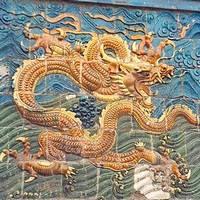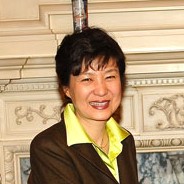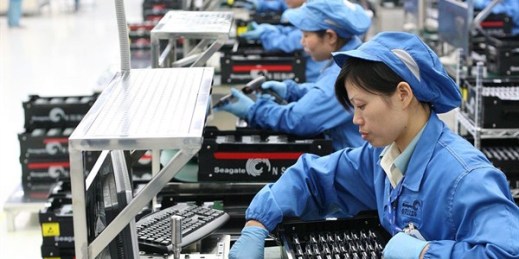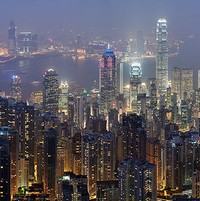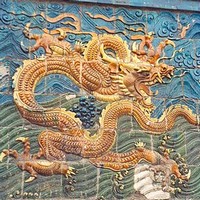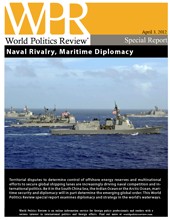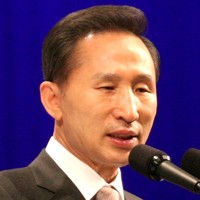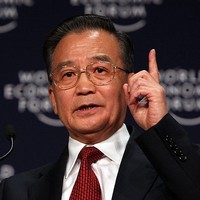
As Beijing prepares for a once-in-a-decade change of leadership, the ouster of Bo Xilai and a series of significant financial reforms have been widely seen as signs that reformist elements within the Chinese government are in the ascendency. This analysis may be correct, but it needs to be tempered with a broader look at the Chinese political and policy landscape, which shows that reforms still lag in multiple key areas and that progressive signals are so far limited to the financial sector. The position of the army, a key political constituent, also remains unclear. The political intrigue surrounding the removal […]

